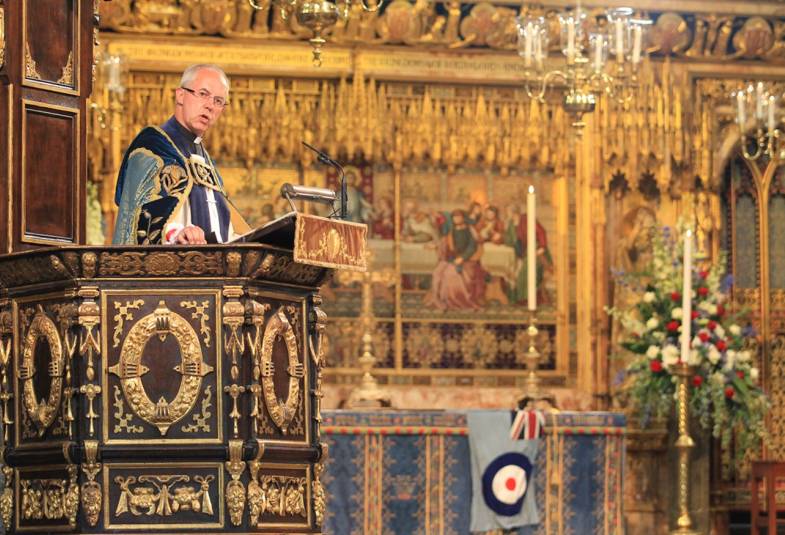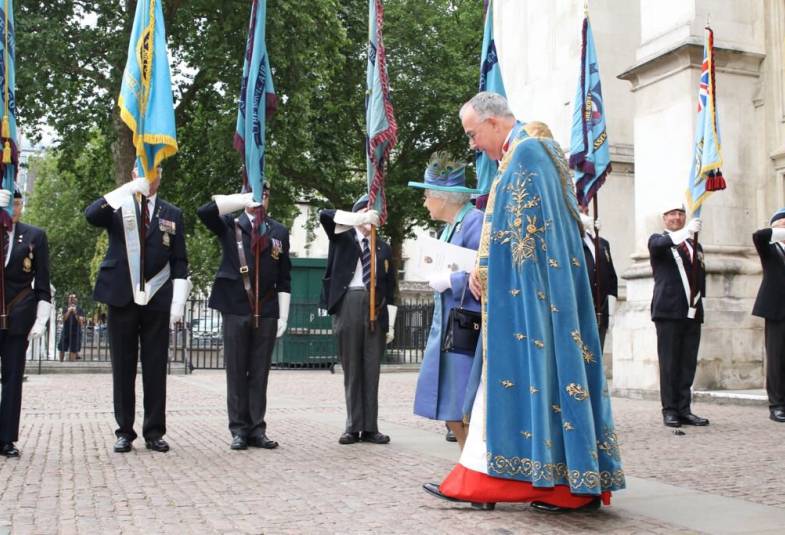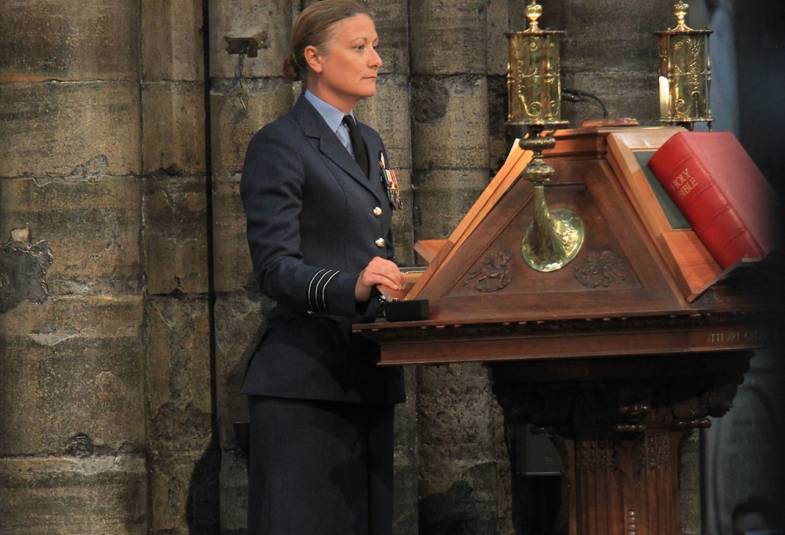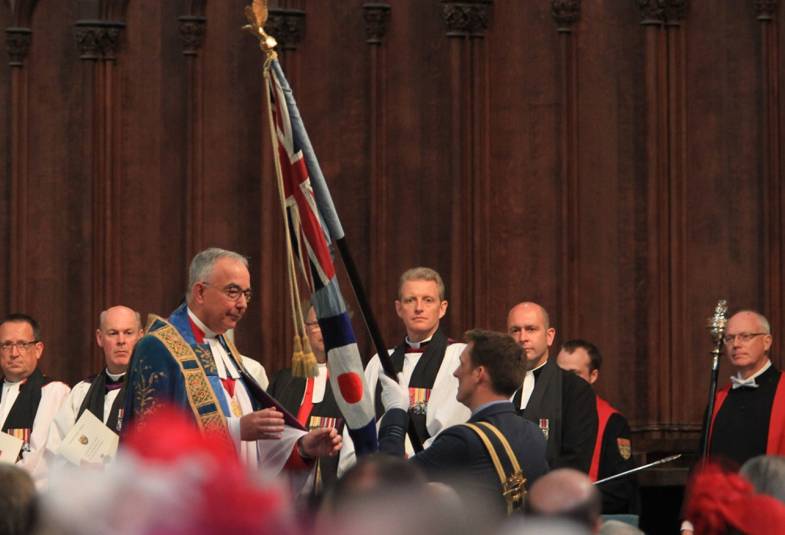10/07/2018

Isaiah 40: 25–31; Hebrews 11: 32—12:2
The Royal Air Force in its first hundred years has been a decisive factor in saving this country’s independence, its democracy and freedom, its hope of civilisation and its contribution to humanity for the future.
For that reason, to celebrate and give thanks to God for the Providence which has brought us the Royal Air Force, its pilots and crews and ground crews, is proper and right.
It is also right to remember with sorrow and profound thanksgiving the scores of thousands who have given their life in service as part of the Royal Air Force. It is right as well to give thanks for the hundreds of thousands who served in it, in war and peace.
I remember today my grandmother’s brother, Jock, killed in a Wellington bomber in 1943, my grandfather’s brother, Charles Portal, who commanded the Royal Air Force for much of that war, and my father who flew low level sorties in Burma – I have his log book.
How right and proper that we should remember all who served.

The letter to the Hebrews reminded us of that. The list of names with which that reading began were those who had served Israel as a people, under the hand of God. There is no suggestion that they were all good, or that every decision was perfect.
Yet they are commemorated in Scripture for their commitment and vision to an end that was true and right and that they sought during the uncertainty of war, and struggle, and despite their very human feelings.
Scripture reminds us that remembering our history is crucial – remembering its heroes, with flaws and mistakes, but also remembering those who are too often forgotten, the countless others who contributed, as well as civilians tragically affected by war.
The Royal Air Force was formed to contribute to ending one war and is remembered most for its victory in 1940 in another, and for its huge sacrifice in bringing that terrible struggle to a conclusion.
Its policies and actions were challenged, also by morally heroic figures: we remember today its extraordinary achievements and its remarkable and endless list of courageous and servants who, in great danger, guarded and won for us a society where those challenges were possible. It continued in the years after 1945.

It continues today, for it is as heavily deployed now as it has been for many years, fighting against evil forces that have destroyed lives with the utmost cruelty in the Middle East, such as the so-called Islamic State, and delivering aid, support and hope to those caught up in war, natural disaster, Air sea rescue and a thousand other situations. The list of what the Royal Air Force has done would itself take years.
But there is one further thing that we must say, when we listen to those readings and find ourselves in a church.
For if we wished simply for a secular acknowledgement of service and sacrifice, however merited, there are places that are fit to have it, and if we wished to forget our final accountability to God, then we should not read from Scripture.
For the reading from Isaiah says to the exiled and despairing people of Israel, “Have you not heard? The Lord is the everlasting God, the Creator of the ends of the earth?” (Isaiah 40:28)
The Royal Air Force's purpose and its providential success depend most deeply on recognising a final and decisive accountability to eternal justice and righteousness - that justice and righteousness which we see above all in Jesus Christ. Where that is forgotten, then the RAF becomes a mere tool of force, perhaps heroic, even immensely skilled, possibly perfectly equipped, and yet no more than force.

When there is accountability to God through Jesus Christ, the Prince of Peace, the giver of hope, the reconciler of all things; when God is the one to whom all answers must finally be given, all gratitude owed, and in whom all hope is placed, then the tools of force can open the way to the hope of peace, and the means of victory can become the foundations for hope for a better world than that of 1918 or 1940.
The world in which, thanks in great part to the Royal Air Force, we find ourselves today. A world that is far from perfect, but where, in this country, we aim to value every person, every child, and give them the freedom to express the whole of their God given potential.